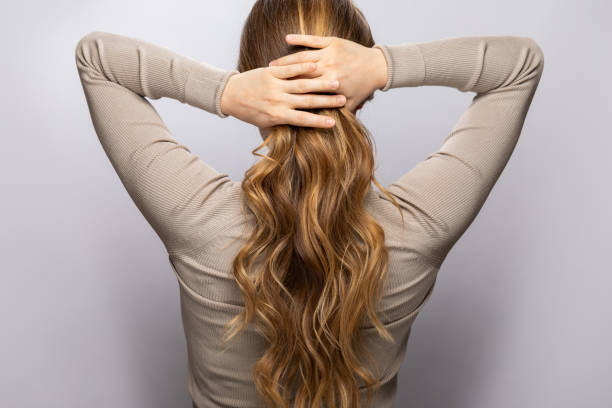In recent years, the wellness and beauty industries have seen a surge in products promising youthful skin, strong nails, and healthy joints. One such product that has gained popularity is collagen-infused coffee. Advocates claim that adding collagen to your morning brew can provide a myriad of health benefits. However, a growing chorus of skeptics, including some scientists, are urging consumers to think twice before jumping on the collagen coffee bandwagon.
Collagen is the most abundant protein in the human body, playing a crucial role in the structure and elasticity of our skin, bones, muscles, and tendons. As we age, our body’s natural collagen production declines, leading to wrinkles, joint pain, and other signs of aging. It’s no wonder, then, that many people are seeking ways to replenish collagen levels and maintain a youthful appearance.
Enter collagen coffee. Proponents of this trend argue that by adding smaller collagen peptides, easily digestible fragments of collagen protein, to your morning cup of joe, you can support skin health, promote joint mobility, and even aid in weight loss. But is there any scientific evidence to back up these claims?
Dr. Samantha Patel, a biochemist specializing in protein research, urges caution when it comes to collagen-infused coffee. “While collagen is undoubtedly important for overall health, there is limited scientific evidence to support the idea that consuming collagen in your coffee provides any significant benefits,” says Dr. Patel. “Collagen is a complex protein that is broken down into its constituent amino acids during digestion. There is no guarantee that consuming collagen peptides will result in increased collagen levels in the body.”
Indeed, research on the efficacy of collagen supplements, including collagen-infused beverages, is still in its infancy. While some studies suggest that collagen supplementation may improve skin elasticity and hydration, the results are inconsistent, and the mechanisms underlying these effects remain poorly understood.
Furthermore, skeptics argue that the collagen in coffee may be rendered ineffective due to the high temperatures involved in brewing. “Collagen is sensitive to heat and may denature when exposed to temperatures commonly used to prepare coffee,” explains Dr. Patel. “This could potentially diminish its bioavailability and negate any purported benefits.”
Despite these concerns, collagen coffee continues to fly off the shelves, fueled by savvy marketing and the allure of youthful vitality. Celebrities and social media influencers tout the beverage as a must-have addition to your morning routine, promising radiant skin and lustrous hair with every sip.
But are consumers getting more than they bargained for? In addition to the lack of scientific evidence supporting its efficacy, collagen coffee may also come with a hefty price tag. Collagen supplements, in general, tend to be more expensive than traditional protein sources, making them a luxury item for many.
Moreover, critics warn that collagen coffee could potentially contribute to the overconsumption of protein, particularly among individuals already following a high-protein diet. “Excessive protein intake has been linked to various health problems, including kidney damage and digestive issues,” cautions Dr. Patel. “Consumers should be mindful of their overall protein intake and strive for a balanced diet rich in a variety of nutrients.”
So, should you forget about collagen in your coffee altogether? Not necessarily. While the evidence supporting its benefits may be lacking, there’s no harm in enjoying collagen coffee as part of a balanced diet, provided you’re aware of its limitations. It’s essential to remember that no single food or beverage can magically reverse the effects of aging or substitute for a healthy lifestyle.
Instead of relying solely on collagen coffee for your skincare needs, focus on nourishing your body from the inside out with a diverse array of nutrient-rich foods, regular exercise, and adequate hydration. Incorporating collagen-rich foods such as bone broth, fish, and lean meats into your diet can also help support collagen production and overall health.
Collagen coffee may offer a trendy way to boost your morning routine, but it’s essential to approach it with a critical eye. While there’s no harm in indulging in the occasional collagen-infused beverage, don’t expect it to work miracles overnight. For truly radiant skin and vibrant health, prioritize a holistic approach that encompasses all aspects of wellness. And remember, beauty begins from within.
So, the next time you reach for that collagen coffee, do so with tempered expectations and a healthy dose of skepticism. After all, true beauty is more than skin deep.

